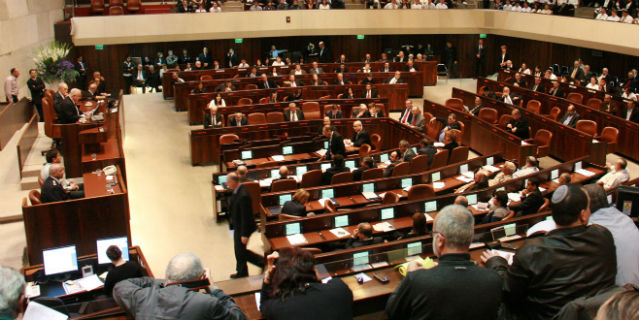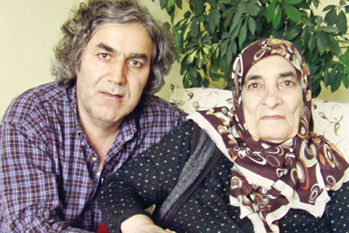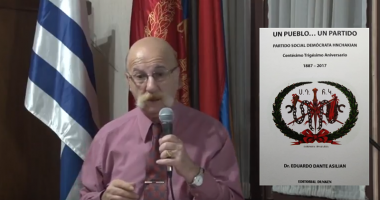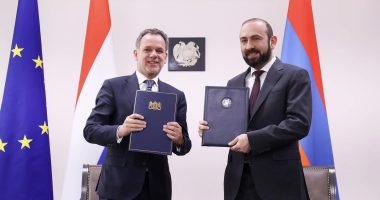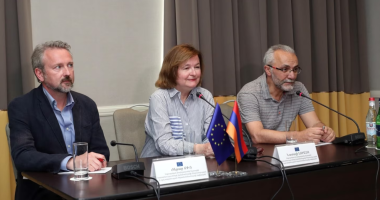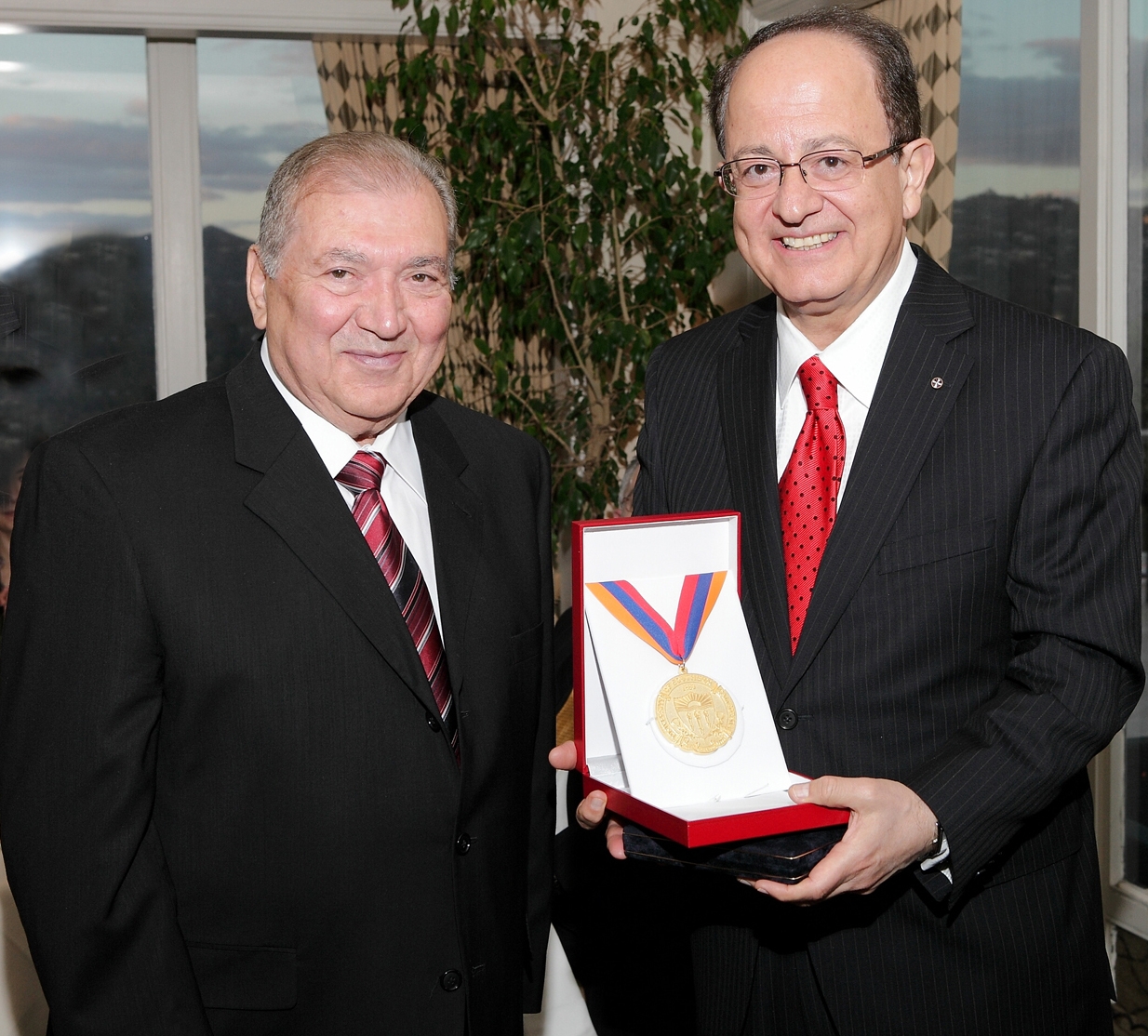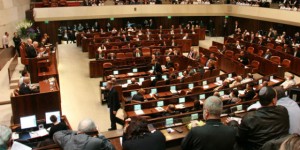

JERUSALEM — The Israeli parliament debated Tuesday whether to commemorate the Armenian genocide, a sensitive issue that could further aggravate the country’s strained relations with Turkey.
Israel’s Environmental Affairs Minister Gilad Erdan, a close ally of Prime Minister Benjamin Netanyahu, said that the Jewish state ought to change its policy and recognize the 1915 mass killings of Armenians by Ottoman Turks as an act of genocide.
“I think it is definitely fitting that the Israeli government formally recognize the Holocaust perpetrated against the Armenian people,” Erdan said.
For years, Israel has refrained from taking up the issue for fear of angering Turkey, which until recently was its closest ally in the Muslim world. But as ties have frayed under the Islamic-oriented rule of Turkish Prime Minister Recep Tayyip Erdogan, that has changed.
Parliamentary speaker Reuven Rivlin denied the debate was related to the deteriorating ties with Turkey.
“The Turks will definitely be angry, but there is no intent to provoke, only to remember,” he told Israel’s Army Radio. “The free world must remember, to learn the lessons so it won’t happen again.”
Israeli lawmakers voted that the issue would face further debate in the education committee. Any parliamentary decision on the issue would not be binding on the government.
Yigal Palmor, a spokesman at Israel’s Foreign Ministry, said Israel’s formal position on the Armenian tragedy remained that the issue “must be decided by historians and not be subject to political deliberation.”
The Israeli parliamentary resolution was co-sponsored by opposing lawmakers.
Zahava Galon, chair of the dovish Meretz party, said Israel had a moral obligation to recognize genocides elsewhere, given the history of the Nazi Holocaust, in which 6 million Jews were systematically murdered during World War II.
“The need to recognize the Armenian genocide and oppose its denial derives first and foremost from what we went through in the Jewish genocide,” she told Army Radio. “I am not comparing, and you can’t compare the two, but this requires us to be sensitive to the suffering of others.”
Her co-sponsor, Arieh Eldad of the ultranationalist National Union faction, dismissed accusations that raising the issue now was ill-timed.
“A few years ago people said we couldn’t talk about it because of our good relations with Turkey. Now people say we can’t talk about it because of our bad relations with Turkey,” he said. “When you don’t want to deal with something moral and ethical, there are always those who will say it is not the right time.”
Israeli Knesset Debates Recognition of Armenian Genocide
The Israeli parliament debated Tuesday whether to commemorate the Armenian genocide
- No comments
- 2 minute read
Open Letter on the Proposal to Rename the Armenia-Turkey Border Crossing After Talat Pasha
We express our deep concern and disappointment regarding the recent proposal introduced…
- MassisPost
- July 3, 2025
- No comments
- 2 minute read
Pashinyan’s Visit to Turkey and Beyond
By KRIKOR KHODANIAN At the invitation of Turkish President Recep Tayyip Erdoğan,…
- MassisPost
- June 29, 2025
- No comments
- 3 minute read
“I Still Can’t Believe What Happened on June 20”
By LUSYEN KOPA Exactly three months ago, I wrote an article titled…
- MassisPost
- June 26, 2025
- No comments
- 4 minute read
Anniversary of the Immortality of the Twenty Hnchakian Heroes
By KRIKOR KHODANIAN 110 years ago these days, the prominent figures of…
- MassisPost
- June 15, 2025
- No comments
- 3 minute read

